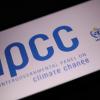ECE’s overarching vision is to provide evidence-based, scientific roadmaps for feasible systems transformations that simultaneously meet the Sustainable Development Goals (SDGs) and ambitious climate change mitigation targets.
Emphasis is placed specifically on local policy decisions and actions required in the short term to put the world on track to achieve long-term targets while assuring human health, wellbeing, and the reduction of social inequalities in a socially and economically sustainable manner. The program’s systems analytical tools enable it to act as an objective scientific broker in support of sustainable transformational processes. ECE combines the research portfolios of the former Air Quality and Greenhouse Gases, Energy, and Transitions to New Technologies programs.
The ECE program is organized in four Research Groups which encompass different thematic areas of research:
ECE Research Groups
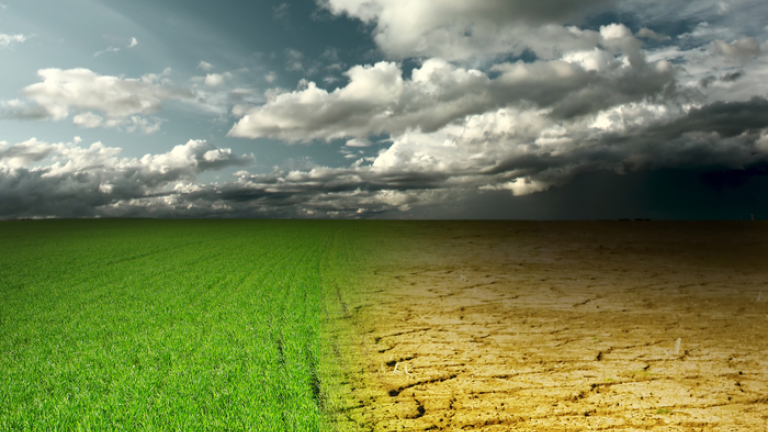
Integrated Assessment and Climate Change (IACC)
The IACC Group leads the development of tools for a new generation of “coupled” global transformation pathways that are able to represent bottom-up local constraints and opportunities at the national and sub-national scale, which is a major focus of the ECE Program.
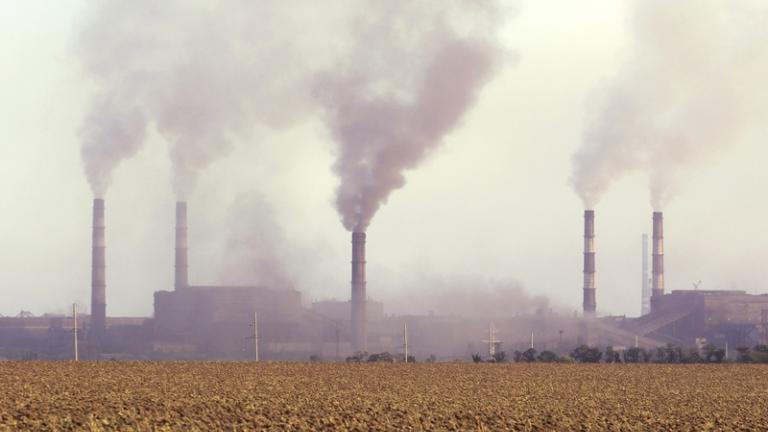
Pollution Management (PM)
The PM Group focusses on solving immediate and near-term environmental (health and ecosystems impacts from pollution), climate (non-CO2 greenhouse gases), and social (widening inequality gaps) problems in a cost-effective way, providing support to policymaking at local and regional scales.
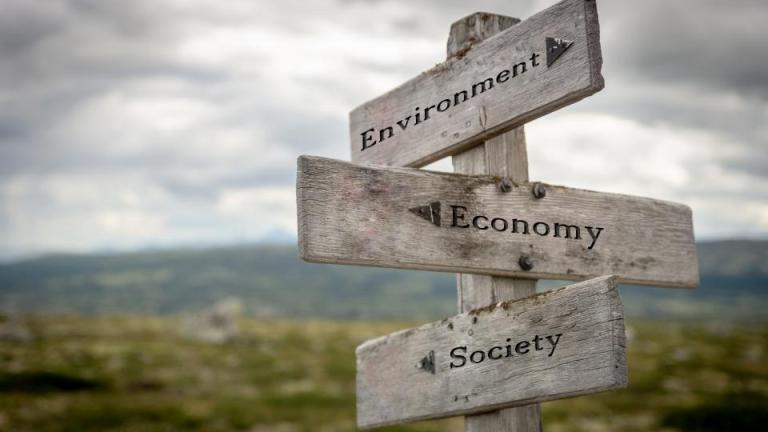
Sustainable Service Systems (S3)
The S3 Group focuses on demand-side systems as entry points for sustainable transformations. The group analyses demand for energy and materials through the lens of service provision of mobility, shelter, and consumer goods, as well as how lifestyle changes can contribute to consumption reduction.
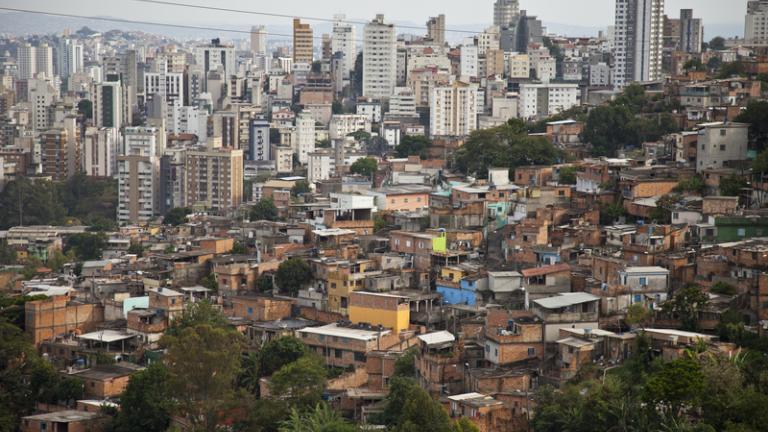
Transformative Institutional and Social Solutions (TISS)
The TISS Group explores innovative solutions to environmental issues that integrate social, institutional, and governance drivers with technological and economic considerations, with an emphasis on improving conditions for the most deprived and marginalized in society.
Models, tools, datasets
Projects
Staff
News
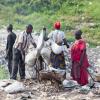
15 April 2024
Collaborating to devise a strategy for organic waste management in Uganda

08 April 2024
Reducing production and consumption growth in high-income countries: is it good for tackling climate change?

12 March 2024
Pioneering project investigating crisis effects on social systems wins FWF Emerging Fields Funding
Events
The Orient Jakarta, a Royal Hideaway Hotel Jalan Jendral Sudirman No. 36, Bendungan Hilir, Kecamatan Tanah Abang, Kota Jakarta Pusat, Daerah Khusus Ibukota Jakarta, 10210
Indonesia COMMITTED Modelling & Stakeholder Workshop 2024
Focus

30 March 2024
Transforming waste into a valuable resource
As the world marks the International Day of Zero Waste, Adriana Gómez-Sanabria highlights that the path to zero waste will require a shift in society’s current consumption and production patterns. Originally conceived to shield humanity and the environment from the fallout of our actions, waste management systems must now evolve into engines of sustainability.

22 January 2024
Navigating the climate justice landscape
IIASA researchers Caroline Zimm and Kian Mintz-Woo explain the benefits of a recently developed operational framework that aims to bring clarity to the often implicit and varied justice considerations in climate mitigation scenarios, fostering a shared language and understanding to enhance decision-making processes in the intricate landscape of climate policy.
Publications
Oshiro, K. & Fujimori, S. (2024). Mid-century net-zero emissions pathways for Japan: Potential roles of global mitigation scenarios in informing national decarbonization strategies. Energy and Climate Change 5 e100128. 10.1016/j.egycc.2024.100128. Fiander, J., Walker, C., Rowlands, I.H., Devine-Wright, P., Wilson, C. , Soutar, I., & Gupta, R. (2024). Energy democracy, public participation, and support for local energy system change in Canada. Energy Research & Social Science 113 e103526. 10.1016/j.erss.2024.103526. Fu, X. & Zimm, C. (2024). Towards a decent transport for all: The transport dimension of decent living standards for just transitions to net-zero carbon emission. Multimodal Transportation 3 (2) de Assis Brasil Weber, N., Hunt, J. , Zakeri, B. , Smith Schneider, P., Asfor Parente, F.S., Delavald Marques, A., & Olímpio Pereira Junior, A. (2024). Seasonal pumped hydropower storage role in responding to climate change impacts on the Brazilian electrical sector. Journal of Energy Storage 87 e111249. 10.1016/j.est.2024.111249. Falchetta, G. & De Cian, E. (2024). Urban green space: global assessment of potential energy demand reduction in buildings. In: EGU General Assembly 2024, 14-19 April 2024, Vienna.




